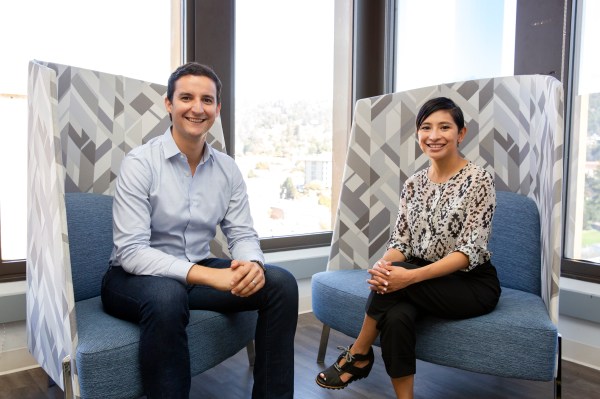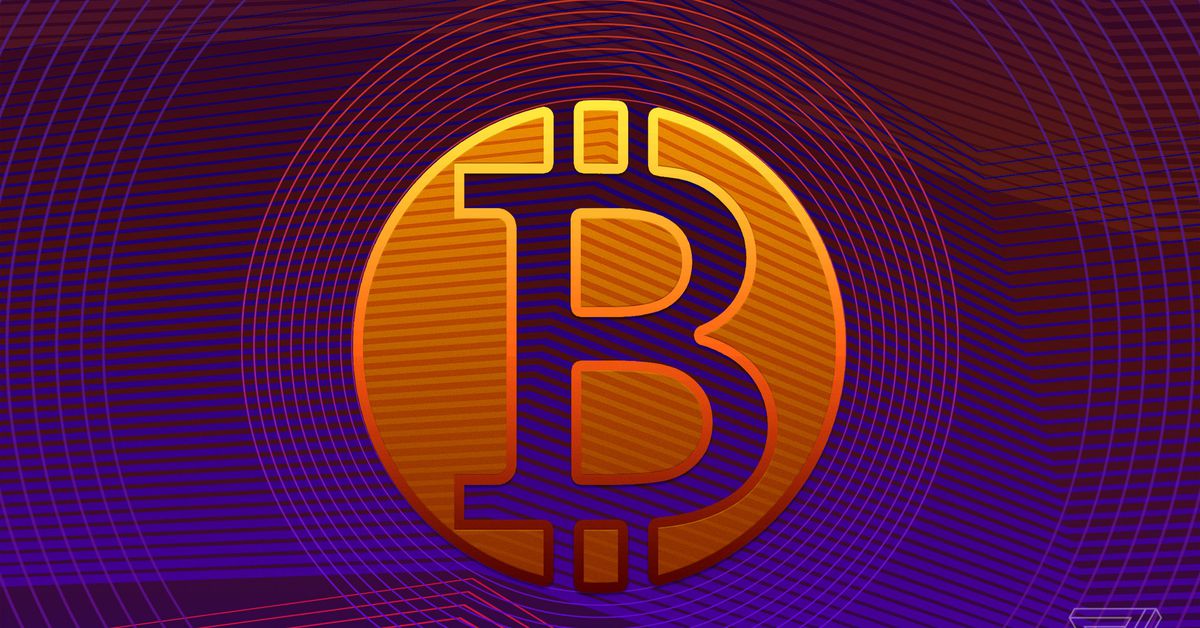Stripe, Wise founders want a 'tech renaissance' in Europe to help region rival Silicon Valley
Founders of some of Europe's largest technology unicorns are calling for the creation of a single pan-European entity to promote startups and innovation.

Patrick Collison, CEO and co-founder of Stripe, speaking at 2022's Italian Tech Week in Turin, Italy.
Giuliano Berti | Bloomberg | Getty Images
Founders of some of Europe's largest technology unicorns on Monday backed an open letter calling for a "tech renaissance" fueled by the creation of a single pan-European entity to promote startups and innovation in the bloc.
The list of entrepreneurs backing the proposal includes the likes of Patrick Collison, CEO of payments tech giant Stripe; Taavet Hinrikus, co-founder of money transfer app Wise and venture capital firm Plural, and Eléonore Crespo, CEO of French accounting software unicorn Pigment.
The letter was also signed by VC firms Index Ventures, Sequoia and Seedcamp.
"The multitude of countries and cultures in Europe is its unfair advantage. But because of that, our startup scene is fragmented," read the open letter, which was published Monday on a newly created website for the EU Inc initiative.
"Legal and regulatory compliance is a burden, and cross-border collaboration is rare," said the letter, which added that, unlike U.S. venture capitalists, the capital from European investors tends to remain within national borders. This results in "stifled momentum, unrealized potential, and an artificial limit on our startups' chances of success."
Rather than writing new legislation at an EU-wide level to simplify regulations for tech startups, the founders are calling on policymakers to allow for the creation of a new single entity, called EU Inc, under the bloc's 28th regime.
So-called 28th regimes are proposed legal frameworks within the EU that offer an alternative to member states' own national rules instead of replacing them.
For example, the European Company Statute offers an alternative 28th option — in addition to the existing national laws of the EU's 27 member states — for setting up of public limited-liability companies in the EU.
The new structure of EU Inc would "standardize investment processes, simplify cross-border operations, and create a unified employee stock options framework" to help European startups scale rapidly and attract more capital, according to a Monday press release.
Other signatories to the open letter include Ilkka Paananen, CEO of Supercell, the Finnish mobile game publisher owned by Chinese tech giant Tencent, and Miki Kuusi, CEO of Wolt, the European food delivery app owned by American online takeout platform DoorDash.
The launch of EU Inc as an initiative comes as numerous officials have been calling for major European reforms to help the bloc compete more effectively with the U.S. and China as an economic superpower.
Last month, former European Central Bank President Mario Draghi issued a long-awaited report calling for 800 billion euros of additional investment per year to make the EU more competitive on the world stage.
Citing technology innovation as a key area where improvement was needed, Draghi said that the region is still "stuck in a static industrial structure with few new companies rising up to disrupt existing industries or develop new growth engines."
Meanwhile, European Commission chief Ursula von der Leyen has made supporting innovation, competitiveness and smarter regulation a key part of her focus since winning a second term as president.
"In the startup world, momentum is everything. Anything that slows you down doesn't just slow you down – it kills you by stopping you from reaching escape velocity," said Andreas Klinger, co-initiator of the EU Inc proposals and an investor at Prototype Capital.
"Despite the world-class talent, global ambition and unique strengths of the European startup ecosystem, it's still absurdly hard to build here. EU Inc is about removing those artificial constraints and allowing our startups to truly accelerate."
Europe has long lagged behind the U.S. and China when it comes to generating global tech giants. The U.S. is the biggest market for tech, home to Amazon, Google, Meta and Apple. China, meanwhile, has its own tech giants, including Alibaba, Tencent and Baidu.
"Building a tech giant from Europe today requires navigating a maze of different regulations and market conditions," said Martin Mignot, partner at Index Ventures. "EU Inc is our opportunity to streamline and simplify the landscape dramatically."
European tech startups raised $45 billion worth of venture capital funding last year, according to Atomico's 2023 State of European Tech report. That pales in comparison to the U.S., where startups raised $120 billion. Chinese startups, meanwhile, raised $48 billion in 2023, according to Atomico's data.
While the volume of new startups created in Europe outpaces the U.S., European tech firms are 40% less likely to secure venture funding after five years than their U.S. counterparts, Atomico said in its report, which was published in November 2023.

 JimMin
JimMin 



















.jpg&h=630&w=1200&q=100&v=6e07dc5773&c=1)












